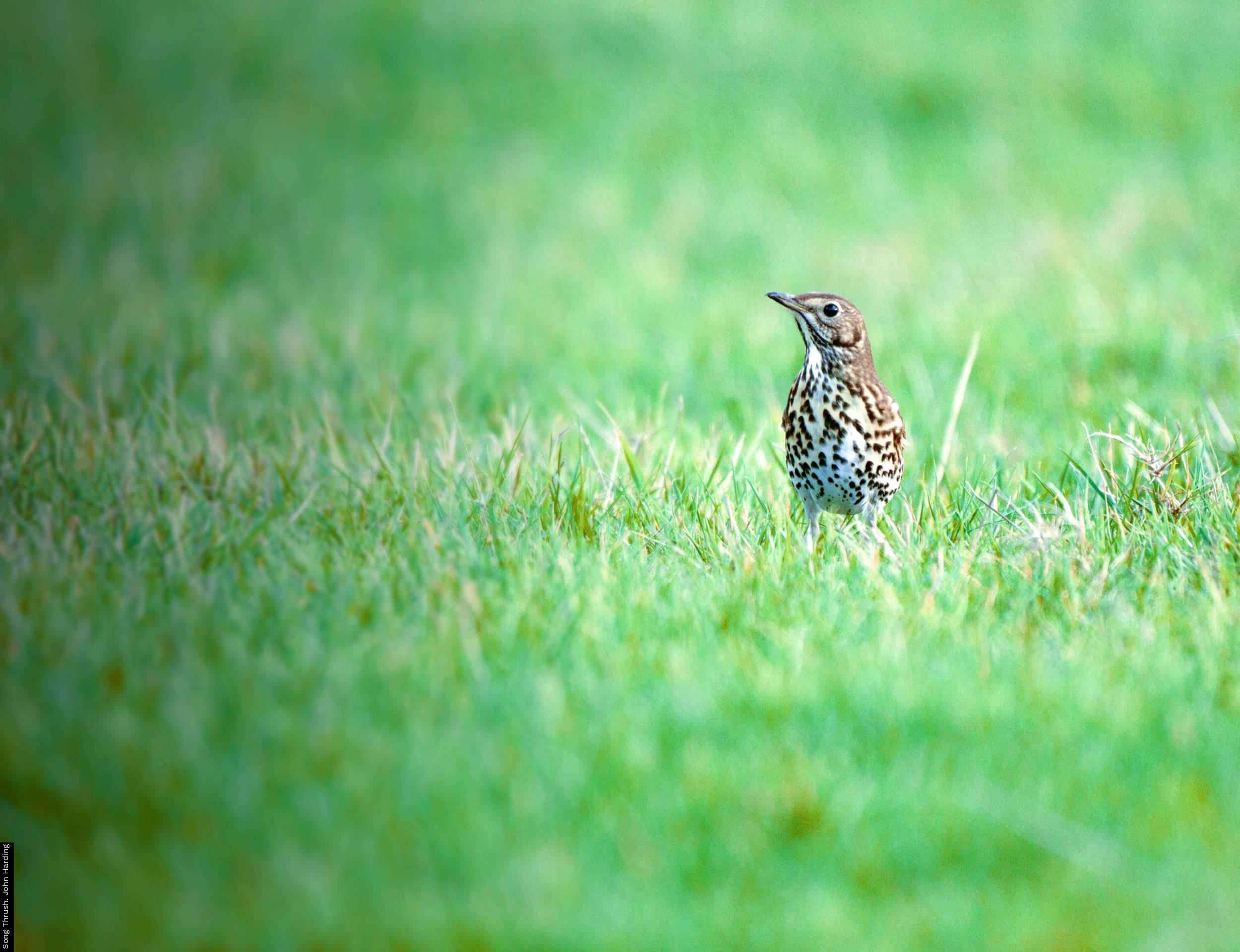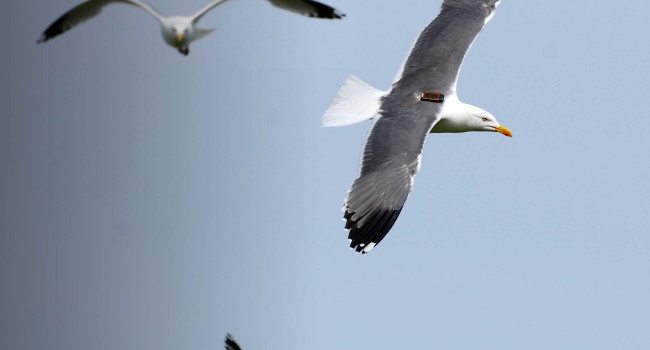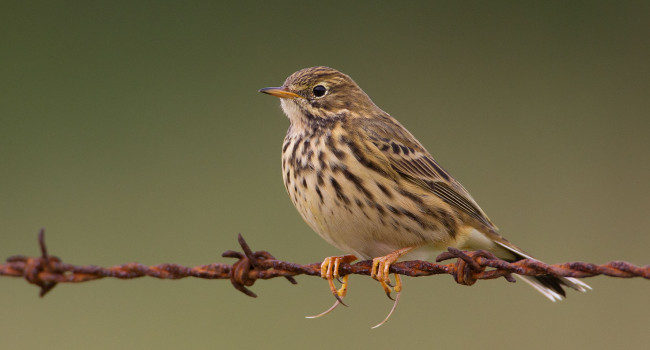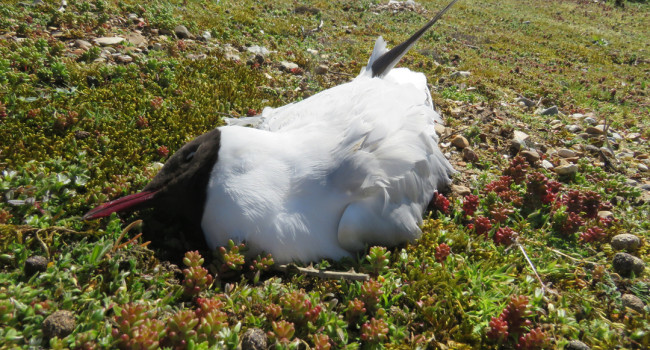Wintering Blackcaps
How important is supplementary food for Blackcaps wintering in gardens?
This is the first piece of work to be funded by the BTO Garden BirdWatch Appeal, the work being carried out by Dr Kate Plummer and the analyses beginning in late summer 2013.
Background:
A novel migration strategy has evolved within the last 50 years, resulting in an increasing proportion of central European Blackcaps now wintering in Britain & Ireland instead of migrating to traditional sites in the Mediterranean Basin. This example of rapid microevolution has been attributed to assortative mating following differences in the timing of spring arrival on the breeding grounds. Additionally, it is thought that Blackcaps wintering in the UK may experience fitness advantages, stemming from improved wintering conditions. However, it is unclear whether it is the availability of supplementary food at garden feeding stations or more favourable climatic conditions (or both) that has conferred this advantage.
The work we are doing:
We are using the BTO's Garden Bird Feeding Survey dataset to highlight the long-term increase in the numbers of Blackcaps wintering in the UK, before going on to use the BTO Garden BirdWatch (GBW) dataset to explore spatio-temporal patterns in winter occurrence. In particular, we are examining the food data collected alongside the main GBW counts, together with weather data (derived from the nearest Met Office weather stations) to explore and test possible underlying reasons for the observed distribution patterns. Regional and habitat-based plots of the raw GBW data suggest a preference for the south-west of the UK in winter and a preference for urban habitats over rural ones, something that we will be able to test formally through these analyses.







Share this page